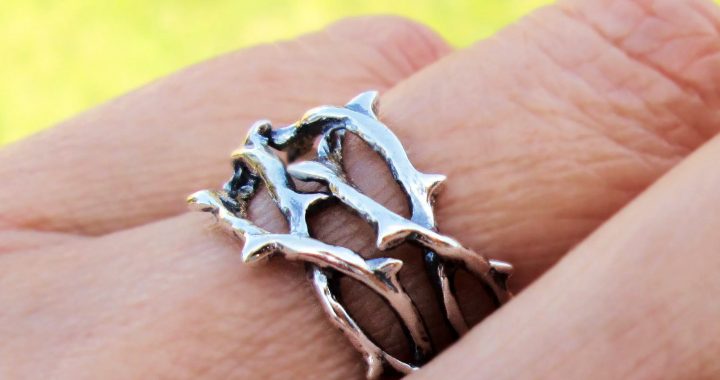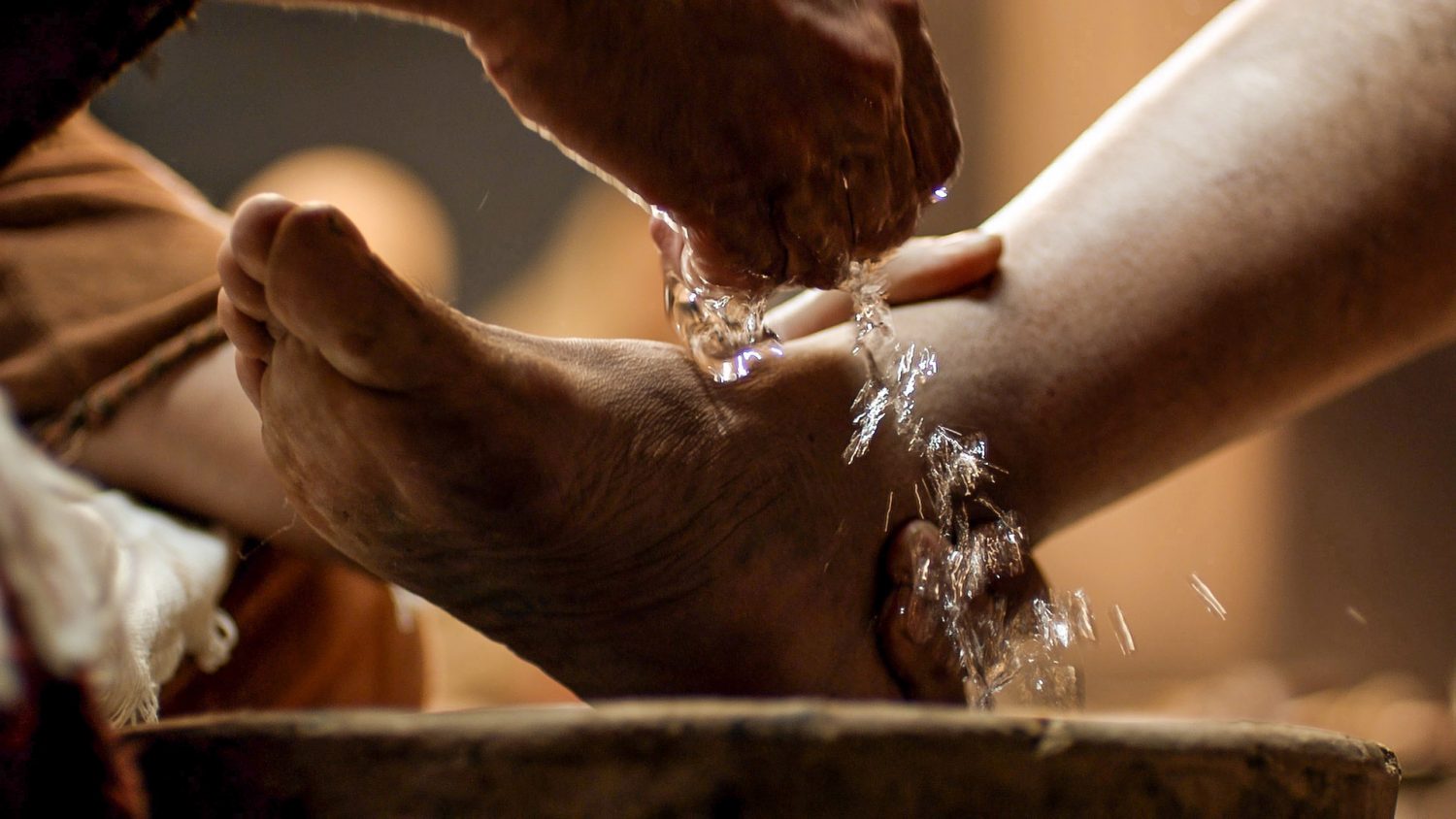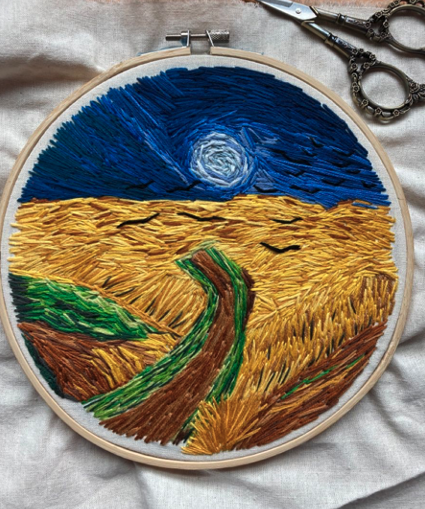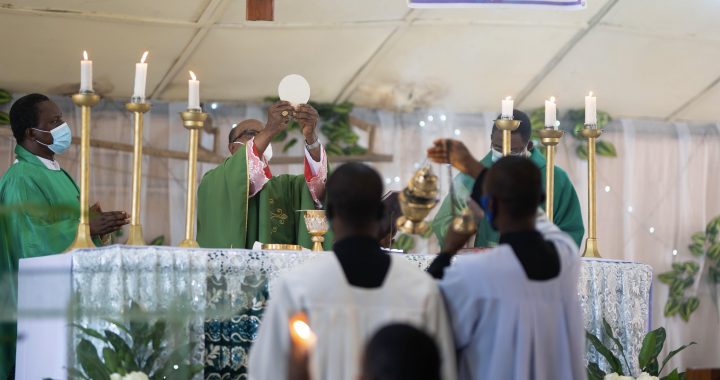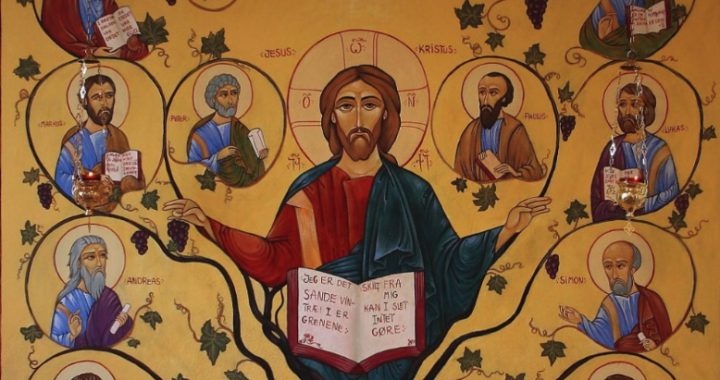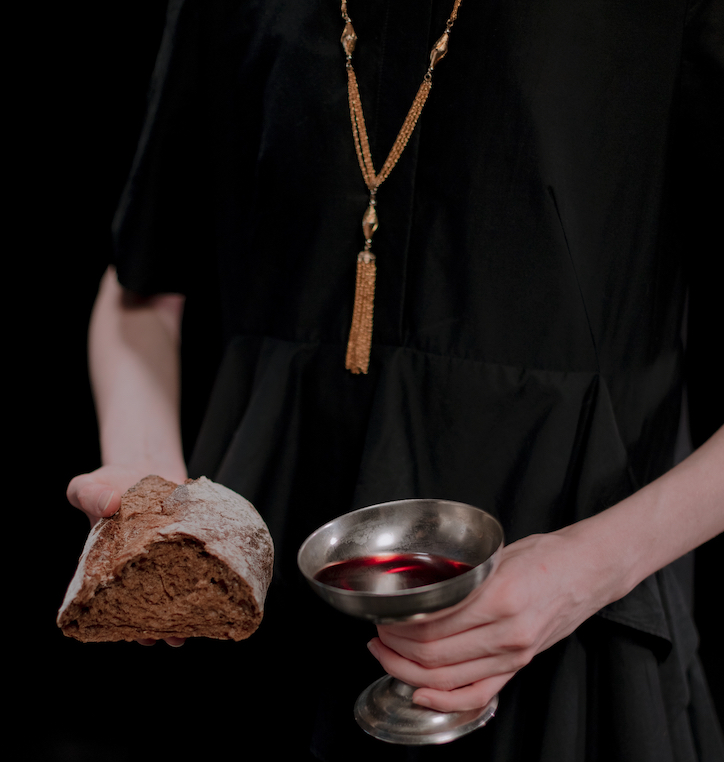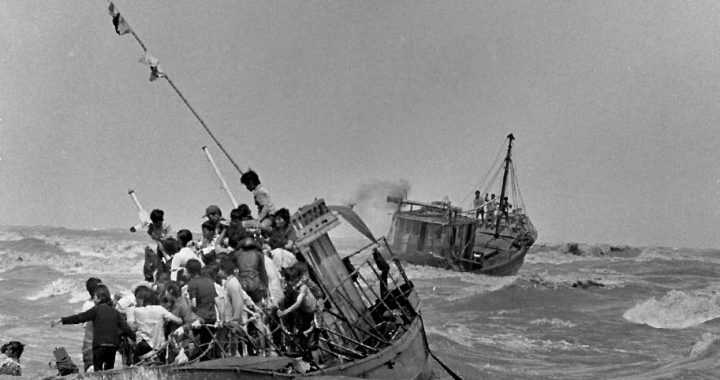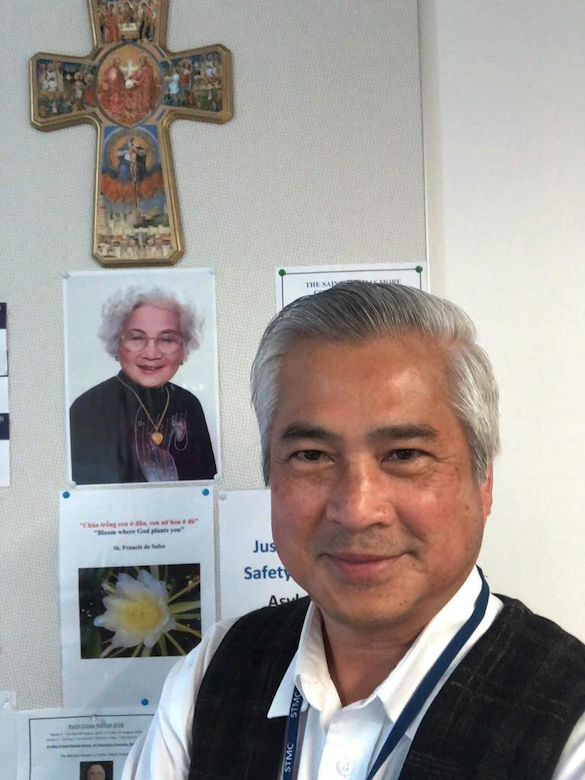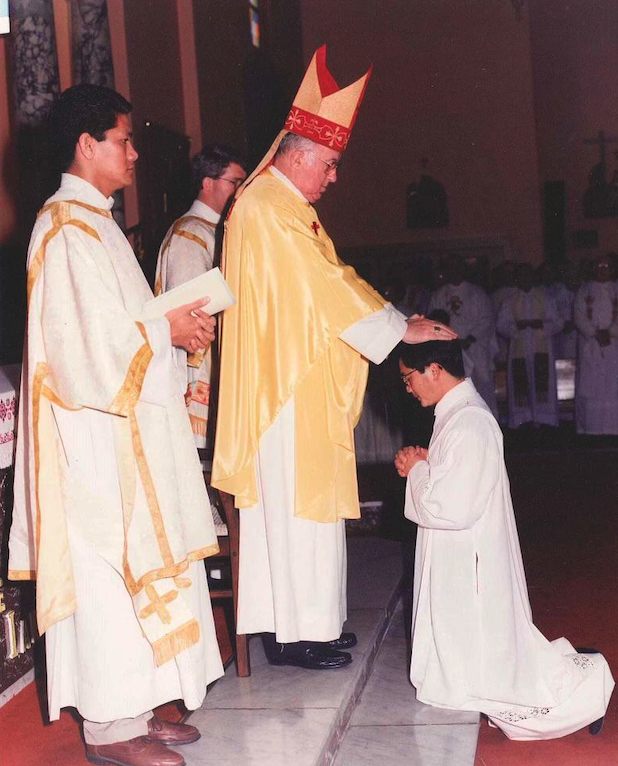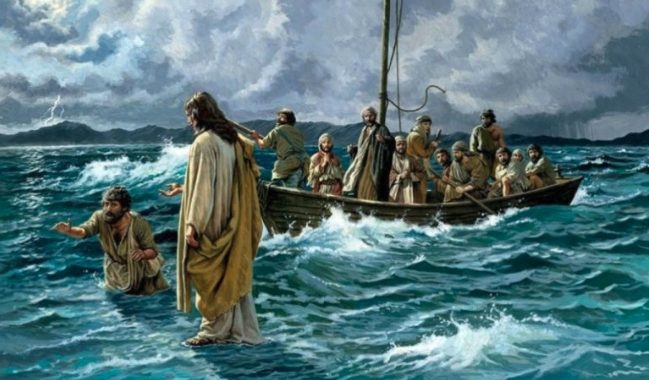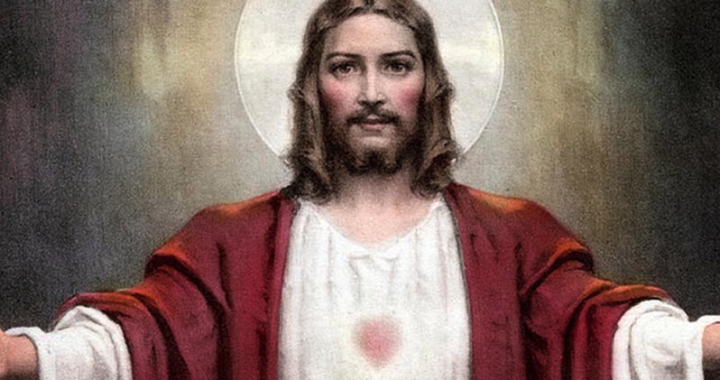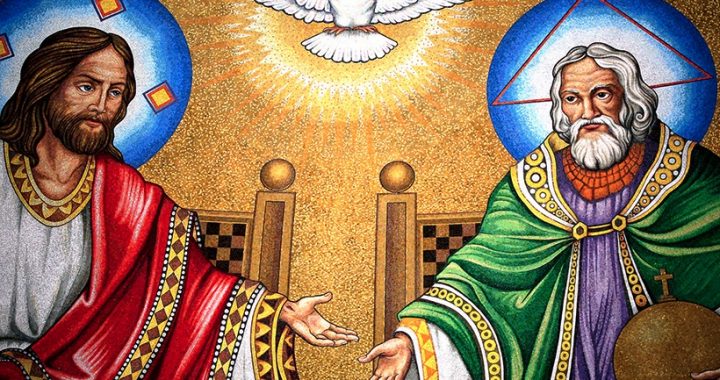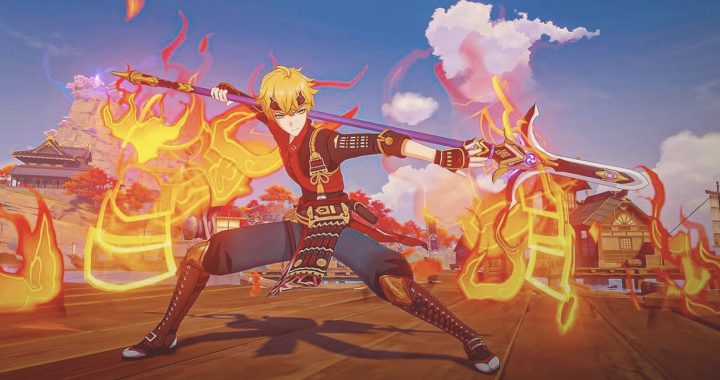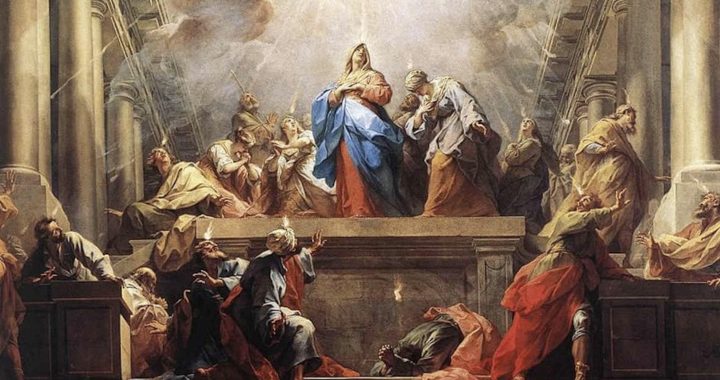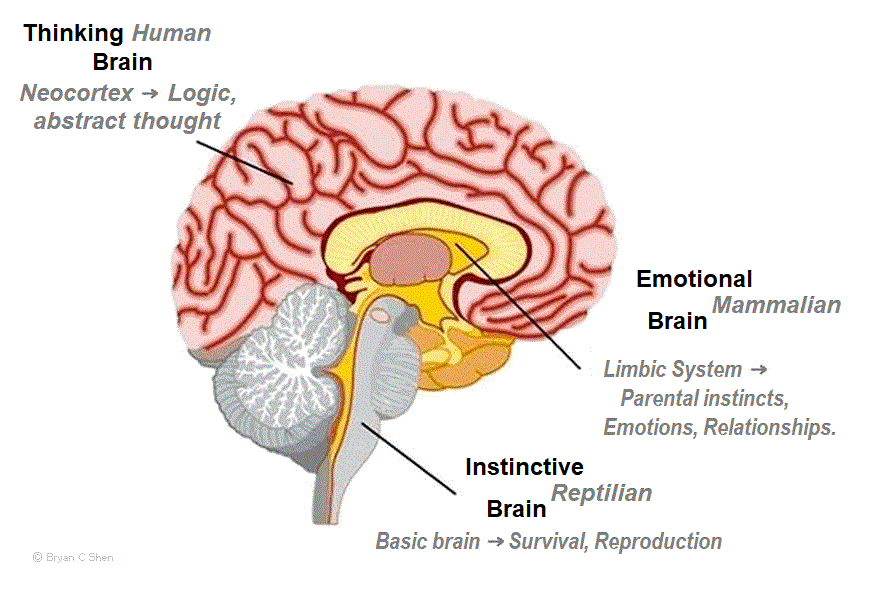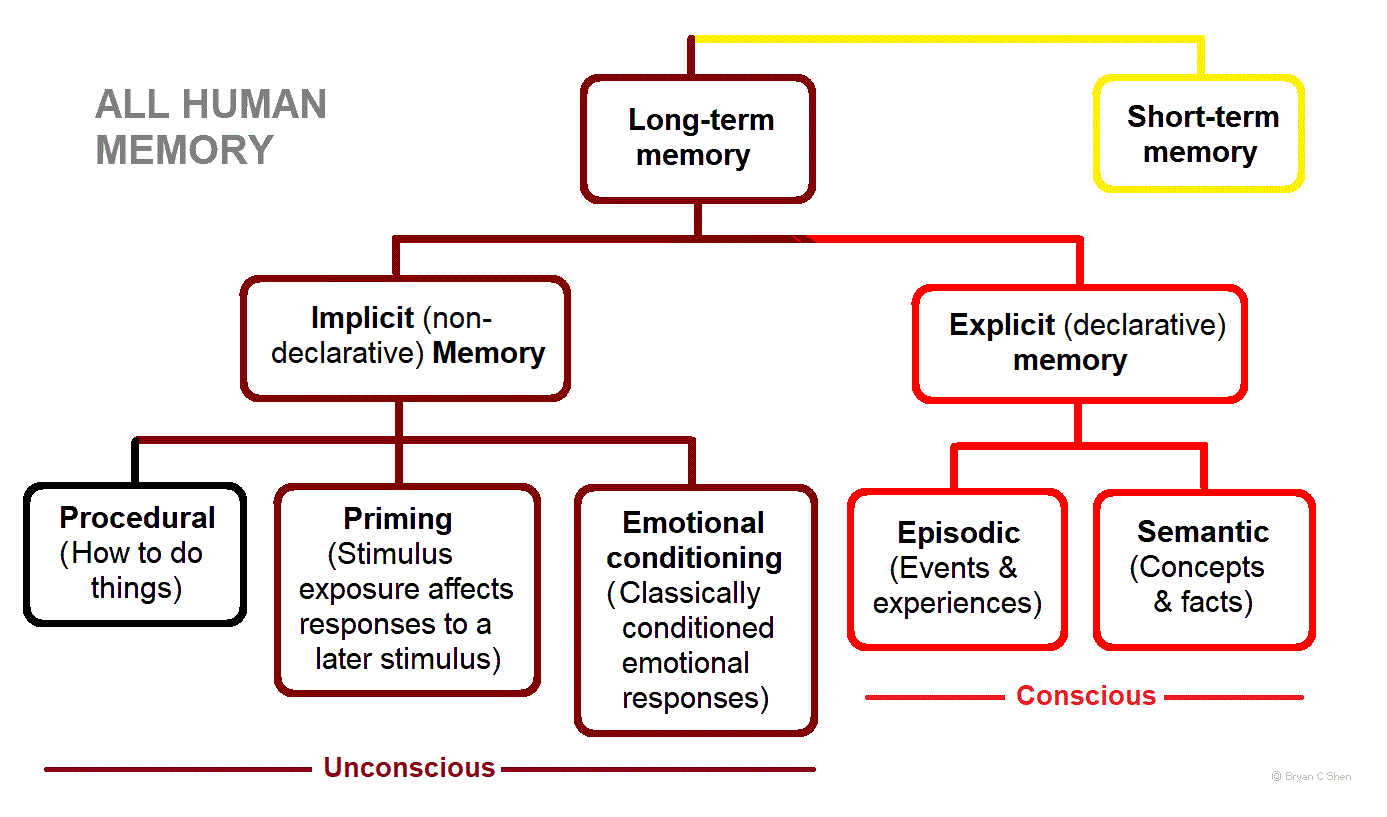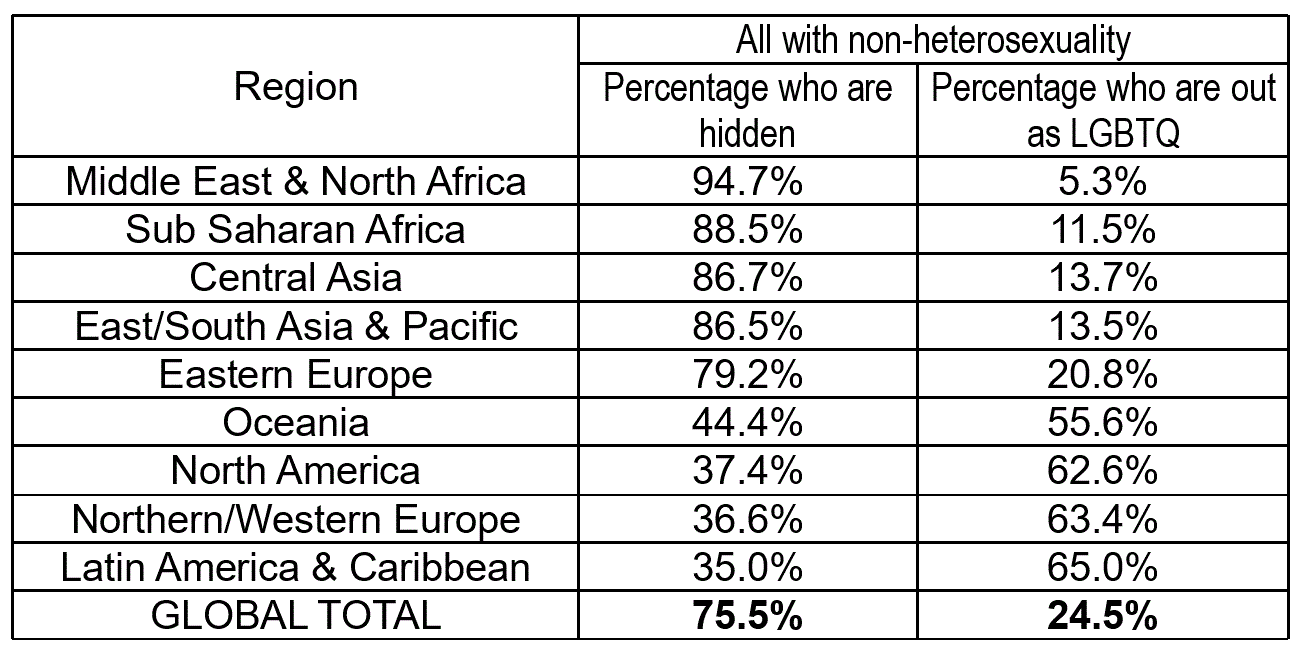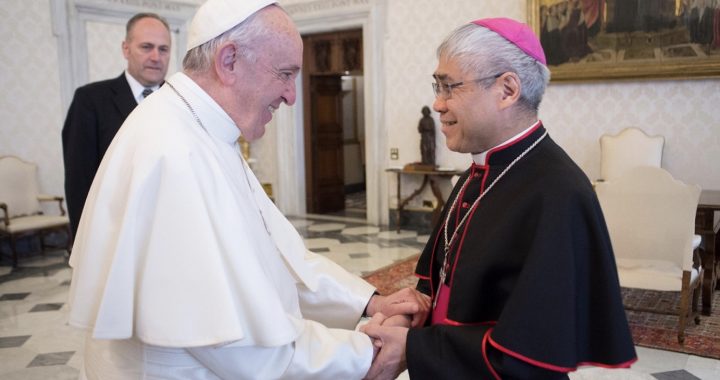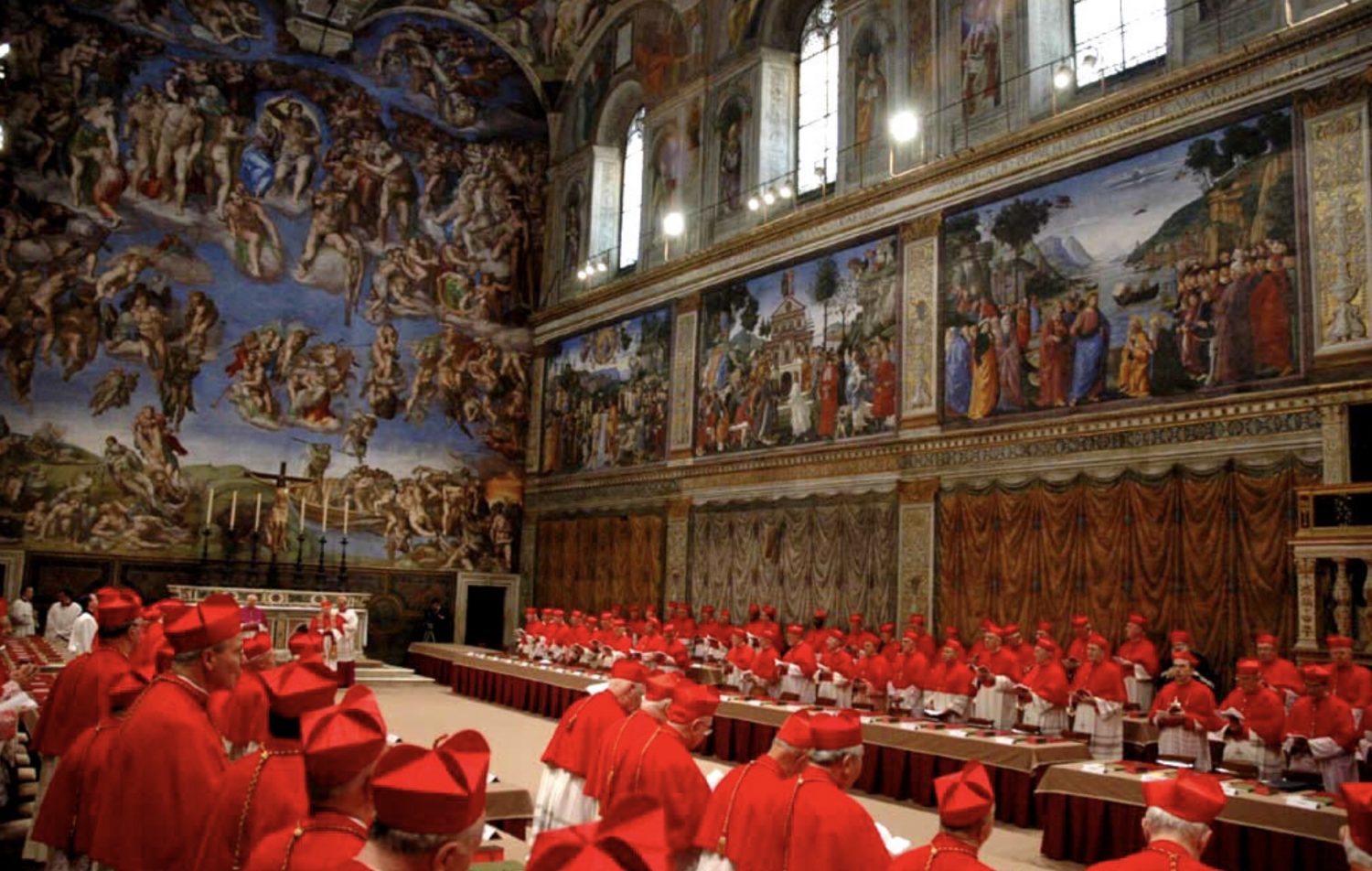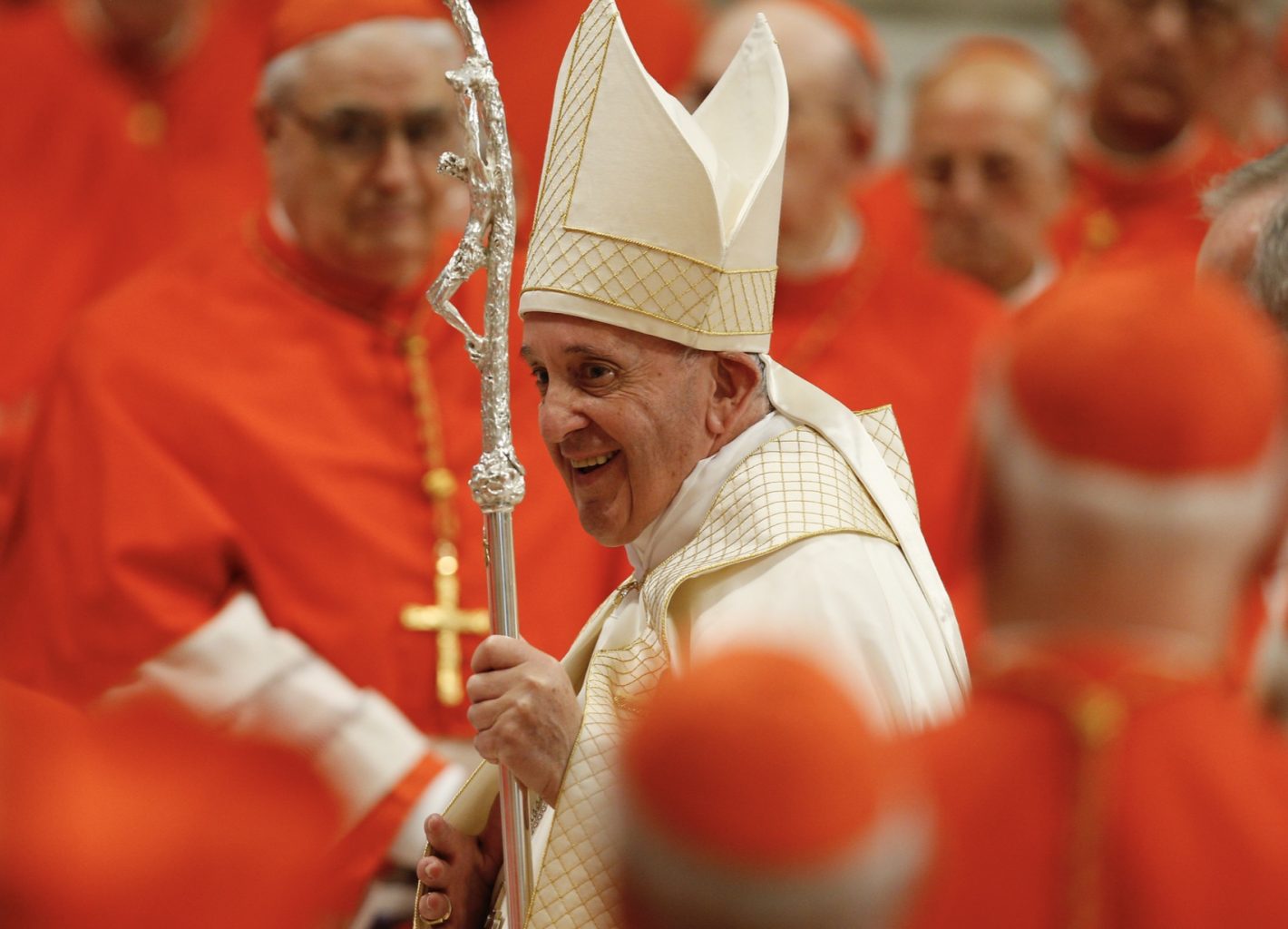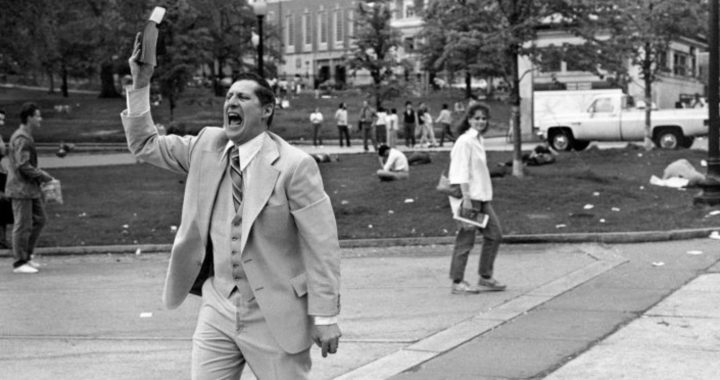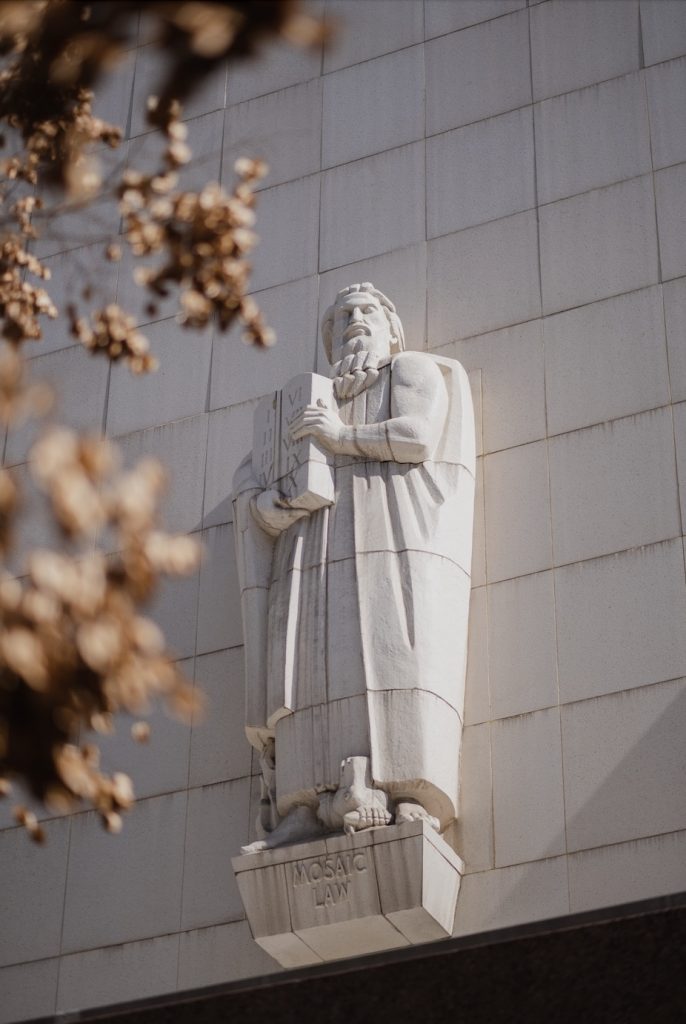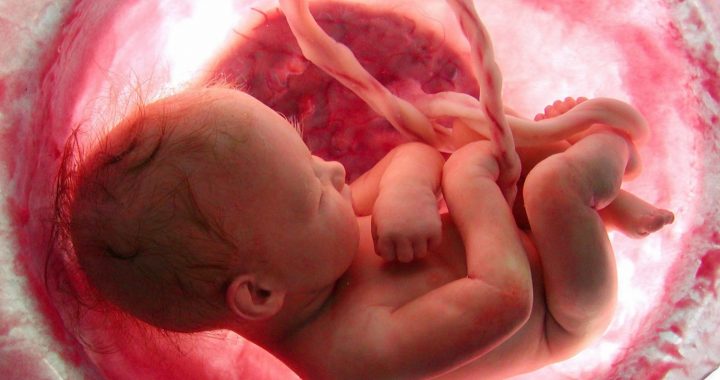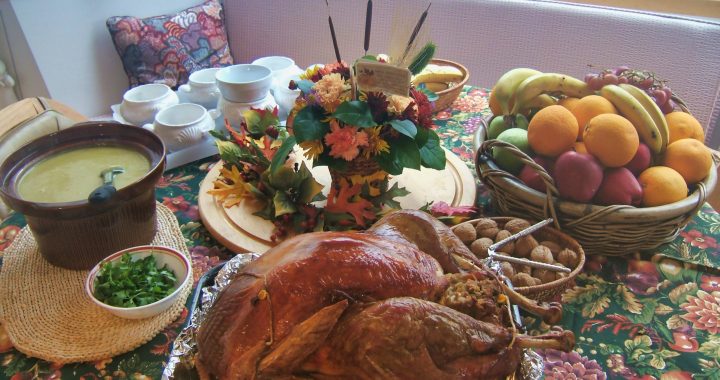Our Creator does not need anything from us, but giving Him praise is for our sake
As Christians, we hear many times over that we are supposed to give glory to God in all things. At Mass, we even have an entire prayer that begins with “Glory to God in the Highest”. After a while, we may begin to wonder: for things that we really put serious effort in, why can’t we claim just a little credit?
It would seem the Catechism of the Catholic Church doesn’t answer the question either:
[293] Scripture and Tradition never cease to teach and celebrate this fundamental truth: “The world was made for the glory of God.” St. Bonaventure explains that God created all things “not to increase his glory, but to show it forth and to communicate it”, for God has no other reason for creating than his love and goodness: “Creatures came into existence when the key of love opened his hand.” 136 The First Vatican Council explains:
This one, true God, of his own goodness and “almighty power”, not for increasing his own beatitude, nor for attaining his perfection, but in order to manifest this perfection through the benefits which he bestows on creatures, with absolute freedom of counsel “and from the beginning of time, made out of nothing both orders of creatures, the spiritual and the corporeal.
[294] The glory of God consists in the realization of this manifestation and communication of his goodness, for which the world was created. God made us “to be his sons through Jesus Christ, according to the purpose of his will, to the praise of his glorious grace”, for “the glory of God is man fully alive; moreover man’s life is the vision of God: if God’s revelation through creation has already obtained life for all the beings that dwell on earth, how much more will the Word’s manifestation of the Father obtain life for those who see God.” The ultimate purpose of creation is that God “who is the creator of all things may at last become “all in all”, thus simultaneously assuring his own glory and our beatitude.
At first glance, the message here is all glory comes from God, what you do means nothing at all, so zip your mouth, just genuflect and say, “All glory to God”.
And there are non-Catholic groups who will teach you just that: human effort counts for nothing because even this is a gift from God. Such an answer, though, seriously downplays the gift of free will to humans. If all effort came from God alone, then there is no choice available to us as to whether to apply that effort or not.
So let’s start again from the basics.
God’s glory is in that He is omnipotent and perfect in every dimension. His unlimited ability to create new things is a portion of that glory too. And the crown of His glory is His ability to create beings with free will who also can exercise part of that creative ability. These beings definitely include humans.
According to the Catechism, St Bonaventure teaches that God creates in order to demonstrate his glory. This makes sense because that creative ability is part of God’s glory. God created the Universe and everything in it, everything corporal and spiritual.
Did God create the Universe to boast to someone? That is impossible, because there was no one else present before God created the Universe.
Did God create the Universe and living beings to have someone to boast to? That is slightly more logical than the first suggestion, but is still problematic. Why would God have to boast when He has nothing to prove about His glory?
As the Ultimate Creator, He creates beings not in order for them to affirm His glory, but so that, out of love, He may replicate his glory in each of them. Or, as the Catechism teaches, “so that He may become ‘all in all’”.
This statement, if taken literally, would contradict the Church’s stance against pantheism, where God and the Universe are made to be identical to each other. That is an incorrect belief because God is still separate from creation.
Rather, this statement should be taken metaphorically. God does not become one with the Universe, but rather reveals His existence through the glory He displays and imbues in creation. God is the source of every goodness in our lives, the reason why possibility exists for goodness.
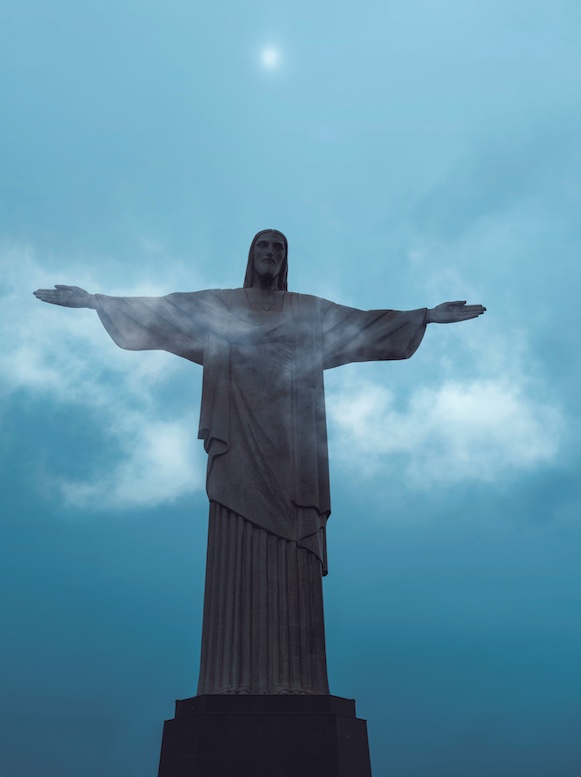
Every source of beauty and happiness comes from God.
When we give glory to God, we are affirming that all these potentials derive from the glory of His creation. In doing so, we are not sacrificing the fruits of our efforts, which still belong to us according to the purpose of God as spelled out in a famous verse from the Book of Jeremiah:
For I know well the plans I have in mind for you—oracle of the LORD—plans for your welfare and not for woe, so as to give you a future of hope.
(Jer 29:11)
Rather, we are avoiding the trap of making ourselves into the source of all this goodness. We accept our positions as created beings, rather than as the Creator. In so doing, we avoid falling victim to a spirit of arrogance, and destroying our communion with God and with others around us.
History is replete with examples of people who did horrible things because they believed they were gods. From the tyrants of several millenia ago who actually formally claimed divinity, to today’s dictators who claim that they created their own glories and hence deserve to do with them what they please. All these have caused untold suffering to many people around them.
In our age and our region of Asia, some of this even manifests in the cultural sphere. There are legions of youth every year who chase after pop idols, getting drawn in by the allure of their popularity and glory in culture. The most dedicated fandoms advance from purchasing props – like pillows and perfume with their pop idols’ faces on it – to trying to live lives exactly like their pop idols.
This can go to crazy extremes. On Internet platforms like ebay, there are people who hawk old T-shirts and even used soap and perfume of these pop idols, and these can reach the price of a month’s salary. These sales may continue even if the star confirms they are not authentic items. These fans will go to such extents to live the exact life of their idol – or part thereof. Nothing is off-limits barring lack of money: earrings, hairdos, clothing, shoes, perfume, smoking, foul language, drugs, disrespect to elders and so on.

In ascribing all glory to their pop idols, these Asian youth are destroying their uniqueness and lives,as well as damaging those around them through their reckless behaviour.
This demonstrates the benefit of us giving all glory to God instead of ourselves or each other. When we ascribe all glory solely to God, we gain a perspective that allows us to assess our positive and negative qualities, and those of others more objectively.
So let us all reflect on how God’s glories eclipse each of us today!
Main Image: Pexels, Joshua Woroniecki

